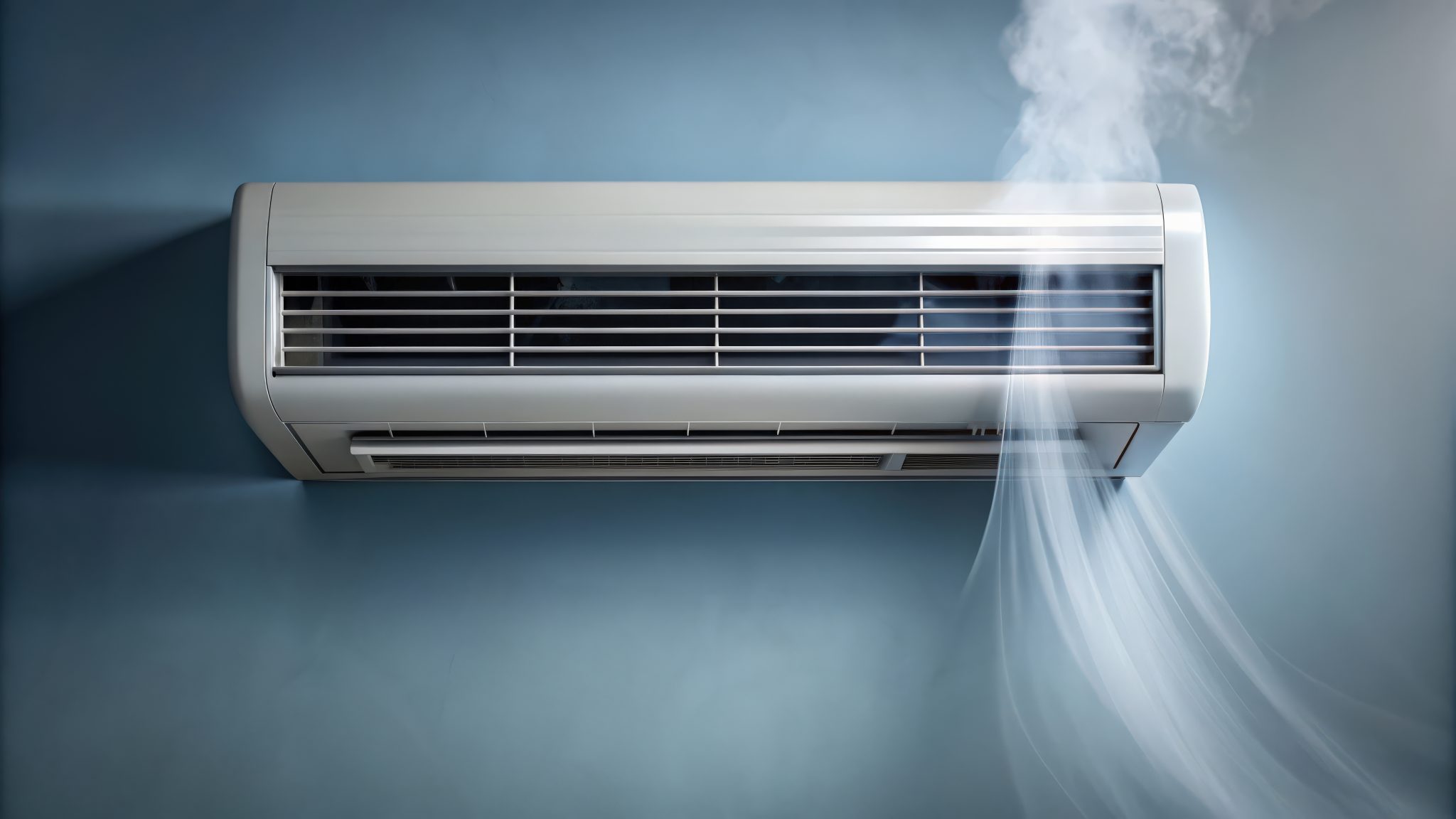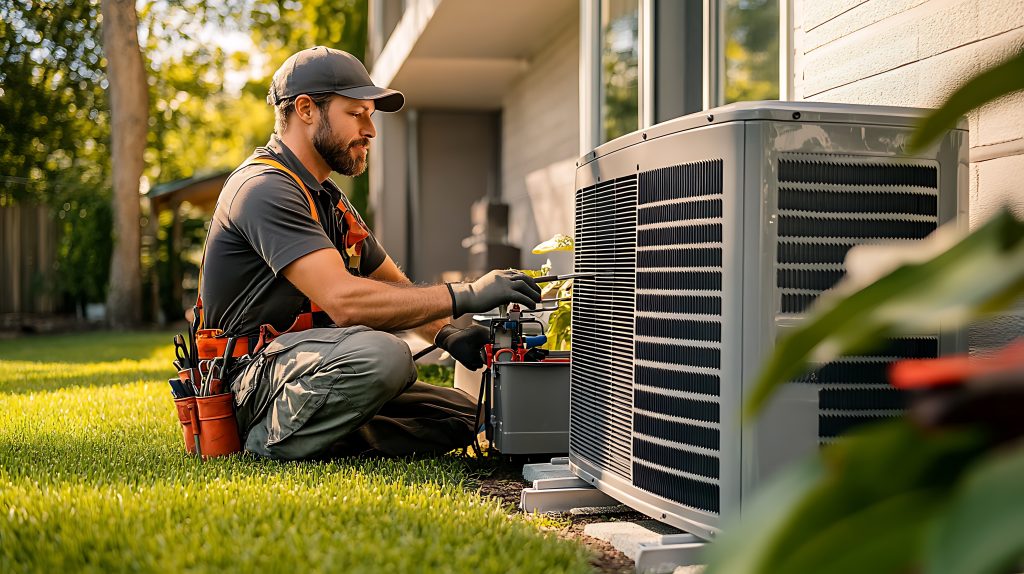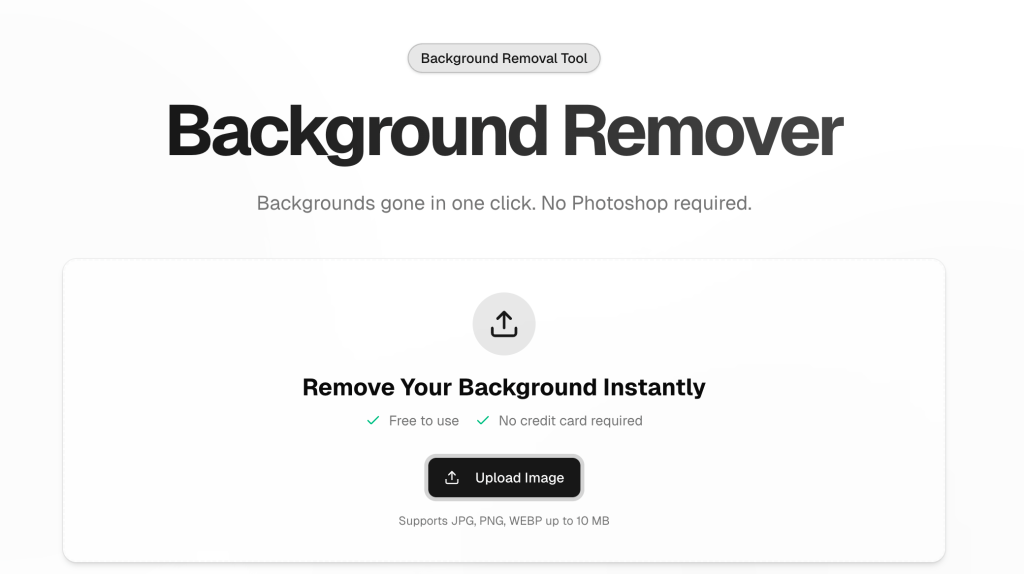An HVAC system rarely fails without warning. Small issues build over time until you notice uneven temperatures, unusual noises, or higher energy bills. By learning to recognize these early signs and knowing when it’s time to seek out emergency AC repair Niceville services, you can address problems before they become large, unwanted costs. You also protect your comfort levels, energy efficiency, and the lifespan of your equipment.
1. Uneven Temperatures in Your Home
When certain rooms end up hotter or colder than the rest, it’s a sign that air isn’t moving through your home the way it should. Blocked vents, a dirty filter, or aging major components can all interfere with proper system airflow. The problem becomes more noticeable when you spend hours in one space. If you work from home, your HVAC system needs to operate at peak performance so you can stay comfortable and focused throughout the day.
Uneven temperatures are more than a minor annoyance. They can strain your HVAC system as it works harder to balance airflow, which can increase your energy bills. You might notice the system running longer than normal or cycling more often. These changes signal the need for a professional inspection.
To improve airflow, make sure all vents are open and clear of furniture or obstructions. Have your ductwork inspected for leaks, damage, or heavy dust buildup. Even small leaks can cause significant loss of conditioned air. Correcting these issues promptly will restore balanced comfort and reduce strain on the system.
2. Rising Energy Bills
A sudden jump in your utility bills, even when your household usage hasn’t changed, often points to a drop in system efficiency. Dirt on the coils, clogged filters, or worn parts can make it work harder than necessary. This not only raises operating costs but also shortens the life of your system. Early detection helps prevent more serious technical issues later.
Compare your recent bills to the same time last year to spot trends. A steady increase, even if small, is an early warning sign. You may also notice the system running longer to maintain the set thermostat settings. That extra strain adds up quickly and shows that your system needs attention.
Scheduling HVAC equipment maintenance can reverse this trend. A technician can clean coils, replace filters, and check refrigerant levels. They’ll also look for worn parts that need to be repaired before they fail. Proper care results in lower bills, stronger energy savings, and improved performance.
3. Strange Noises
Your HVAC system should run quietly in the background. If you hear rattling, grinding, or banging, there’s a good chance something is loose, worn, or broken. Each type of noise can indicate a different problem. Identifying and repairing the source early prevents further damage.
For example, a squealing sound can point to a worn belt that needs replacement. Grinding may be linked to motor problems, while banging often means a part inside the unit has come loose. These issues will not resolve themselves and usually get worse over time. Prompt service is the best way to prevent further damage.
A professional can pinpoint the cause and make the necessary repairs. They can also check for any secondary issues caused by the problem. Addressing noises quickly keeps your system running smoothly. It also helps avoid the cost of replacing damaged parts later.
4. Weak Airflow
Weak airflow from your vents is a common warning sign. A dirty filter, blocked ducts, or a failing blower motor can all restrict proper system airflow. Reduced circulation makes it harder for your heating and cooling system to reach the temperature you set. That strain impacts both efficiency and comfort levels.
When airflow is restricted, the system works harder to move air through your home. This can lead to overheating, frozen coils, or other mechanical failures. Ignoring the problem will only make it worse. Even if you replace the filter, deeper issues may still be present.
A qualified technician can determine the exact cause of low airflow. They may find duct leaks, debris buildup, or mechanical wear that needs to be addressed. Sometimes, nests or droppings from small animals can restrict air movement, making pest control a factor in keeping your system running properly. Fixing these problems restores airflow, improves comfort, and reduces stress on the system.
5. Frequent Cycling
If your HVAC system turns on and off frequently, it may be short-cycling. This can be caused by thermostat problems, dirty coils, or low refrigerant levels. Constant cycling prevents the system from running long enough to heat or cool properly. It also wastes energy and puts unnecessary strain on components.
On the other hand, if the system runs almost constantly, it may be struggling to reach the set temperature. This can happen due to poor insulation, leaks, or failing parts. Both short and long cycles can cause higher energy bills and more wear on the system.
Routine preventive maintenance can correct these issues before they cause serious damage. A technician can adjust the thermostat, clean components, or recharge refrigerant. These fixes help restore normal operation and improve efficiency.
6. Unpleasant Odors

Unusual odors from your HVAC system usually signal an underlying problem. A damp smell can point to mold or mildew inside the ducts or unit. A sharp burning or metallic scent might indicate electrical faults or overheating parts. Whatever the cause, it’s important to have it checked right away.
Poor indoor air quality can affect your health and comfort. Dust, mold spores, and other particles can circulate through your home each time the system runs. For those with asthma or allergies, this can lead to more frequent symptoms. Even without health concerns, odors can make your home feel less inviting.
Have your HVAC system and ductwork inspected and cleaned by a professional. They can remove any buildup and replace parts that are causing smells. Installing a high-quality air filter or purifier can also help improve indoor air quality. This ensures the air you breathe is clean and fresh.
7. More Than a Year Since the Last Service
Even if your system seems fine, skipping annual maintenance increases the risk of breakdowns. Dust, debris, and wear can build up silently over time. Without regular inspections, small problems can turn into expensive repairs. Preventive care is the most reliable way to keep your system in good shape.
Annual service includes cleaning, performance checks, and part inspections. This helps the system run efficiently and reduces the chances of unexpected failures. It also extends the overall lifespan of your equipment. Regular upkeep is far less expensive than emergency repairs or replacements.
Mark your calendar to schedule service once a year. This ensures your HVAC system is ready for the demands of each season. Staying proactive protects both your comfort and your budget. It also gives you peace of mind knowing your system is in top condition.
In Conclusion
Your HVAC system will often give you signs when maintenance is overdue. Uneven temperatures, strange noises, rising energy bills, and other changes should not be ignored. Acting quickly can prevent minor issues from turning into costly repairs. A regular maintenance schedule keeps your home comfortable, your system efficient, and your repair costs under control.





















